
-
Malaysia E&P
Partner & Stakeholders
MPM highly values the synergy and close partnership with our stakeholders, ranging from government agencies, energy companies, government-linked companies, industry associations, higher learning institutions and international oil & gas host authorities. MPM also welcomes new collaboration opportunities within the oil & gas industry while striving to achieve mutual benefits for all parties.
Federal & State Government Bodies
Among the key ministries and government agencies that PETRONAS engages with on statutory matters related to upstream activities in Malaysia are:
Federal & State Government Bodies
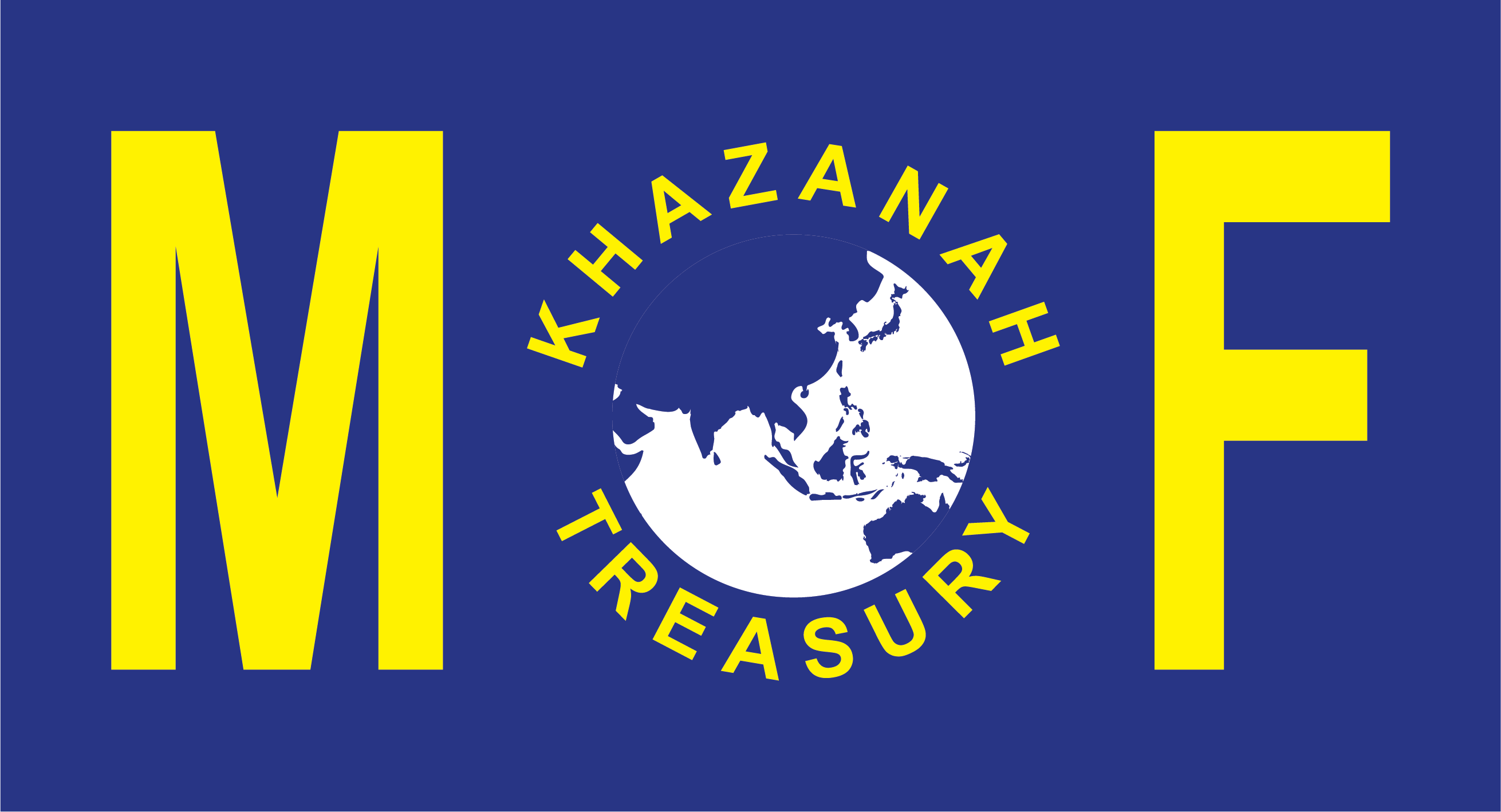 ×
×Ministry of Finance (MOF)
MOF through its corporation MOF (Inc.) holds a majority share in PETRONAS through indirect ownership. At the national level, MOF is responsible for:
- Sustainable and continuous economic growth and resilience.
- Effective and prudent financial management through an equitable sharing of national wealth.
- A fair taxation system to stimulate and generate national revenue.
- Planning and implementing direct and indirect taxation policies & incentives.
- Tax exemptions, remittance, incentives and tax agents.
MPM engages MOF on matters related to the Petroleum Income Tax Act (PITA) 1967, Cash Payments, PITA incentives and Export Duty exemptions application on behalf of the Petroleum Arrangement (PA) Contractors.
Federal & State Government Bodies
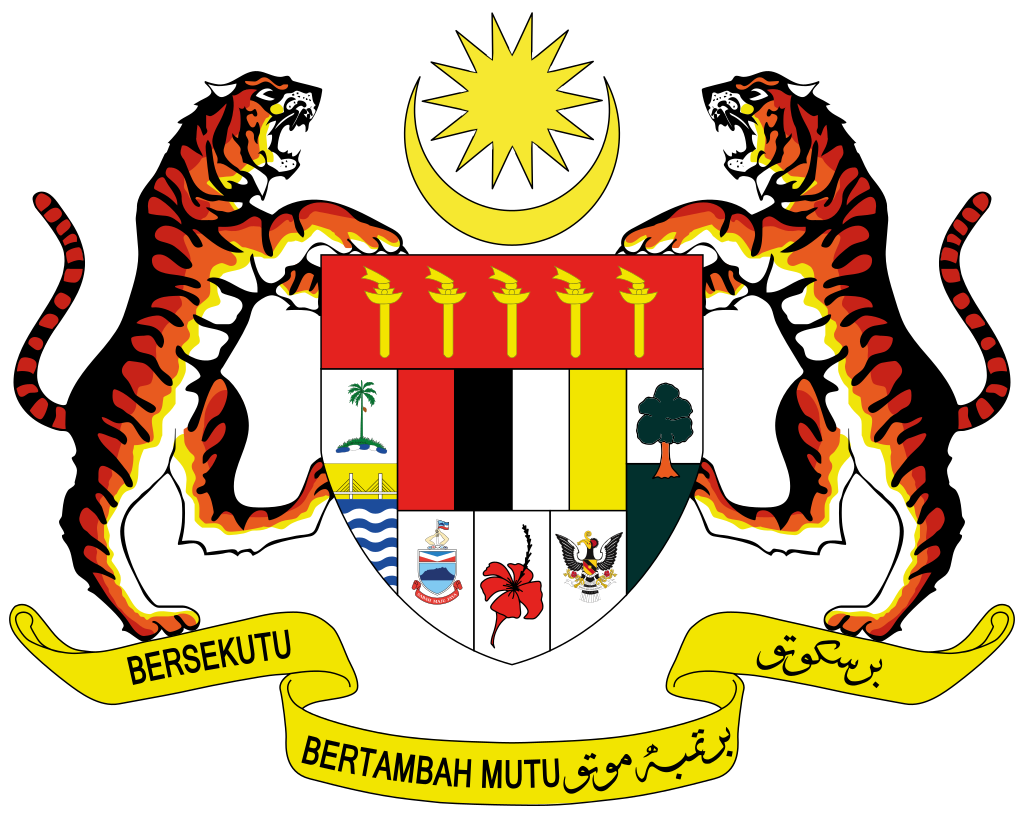 ×
×Ministry of Foreign Affairs (MOFA)
MOFA bears the mandate and responsibility to conduct Malaysia's foreign relations with other countries. This includes matters related to political relations, economic affairs, security matters, and social and cultural promotion.
MOFA’s key roles and functions are:- Uphold, protect and promote Malaysia’s sovereignty, territorial integrity and national interests.
- Develop and advise on foreign policy options based on regional and global position.
- Coordinate & articulate with other Ministries and Agencies for a coherent position on international issues and engagement.
When carrying out oil & gas activities, MPM will consult MOFA in matters related to maritime boundaries, maritime security and related issues.
Federal & State Government Bodies
 ×
×Ministry of Domestic Trade and Cost of Living (KPDN)
KPDN through its Petroleum Regulatory Division, manages the application to construct, operate or use any artificial island, installation or structure as well as submarine cables or pipelines laydown in the exclusive economic zone (EEZ) or on the continental shelf by virtue of Section 21 (1) and Section 22 of the Exclusive Economic Zones Act, 1984 [Act 311].
MPM engages KPDN as the Secretariat for the EEZ Committee for the approval of relevant activities related to upstream projects within the country's EEZ.Federal & State Government Bodies
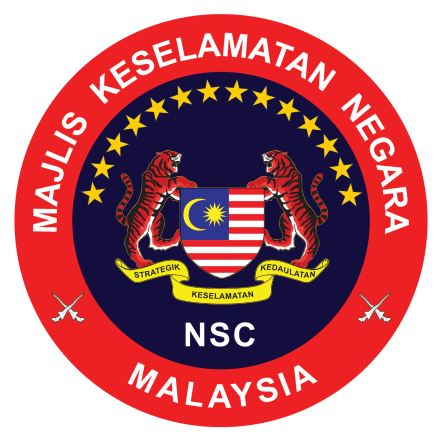 ×
×National Security Council (NSC)
NSC is a federal agency under the Prime Minister’s Department responsible for managing and coordinating the implementation of policies related to the security of Malaysia. The three core functions of NSC are:
- defending sovereignty and matters of national strategic importance;
- crisis and disaster management; and
- border management for land, maritime and air.
MPM engages NSC as the Secretariat of the Security Coordination Committee Meeting for upstream oil and gas projects to oversee Malaysia’s security and sovereignty policy including matters involving maritime security, international border and airspace.
Federal & State Government Bodies
×Department of Environment (DOE)
In line with the Environmental Quality Act 1974, the DOE was established to prevent, eliminate and control pollution with the aim of protecting the environment under the purview of the Ministry of Environment & Water.
MPM engages DOE for matters related to environmental compliance, as well as collaboration related to environmental initiatives for upstream oil and gas projects.Federal & State Government Bodies
 ×
×Ministry of Health (MOH)
The Ministry of Health was established to:
- Provide high-quality healthcare services that among others are; affordable, incorporates advanced technology and innovative solutions for the public.
- Develop national health policies and a system that is well equipped to face any disease or pandemic outbreak.
MPM engages MOH in managing COVID-19 related matters such as Onsite COVID-19 cases and the management of clusters. In ensuring the health and safety of oil and gas industry personnel, the engagement includes the establishment of green bubble procedures and Managing COVID-19 Guidelines 8.0, setting up oil and gas quarantine centers as well as the industry vaccination centre (PPV Industry), and vaccination programme implementation for the offshore workforce.
Federal & State Government Bodies
 ×
×Department of Occupational Safety & Health (DOSH)
DOSH is an authority responsible for:
- Safety, health and welfare of people at work and others from health hazards arising from various industrial and business activities including oil and gas operations under the Ministry of Human Resources.
- Enforcement and administration of legislation related to occupational safety and health (OSH) in Malaysia.
MPM together with DOSH steers the implementation of the Offshore Self Regulation (OSR) Malaysia upstream facilities and compliance to OSH regulatory requirements.
Federal & State Government Bodies
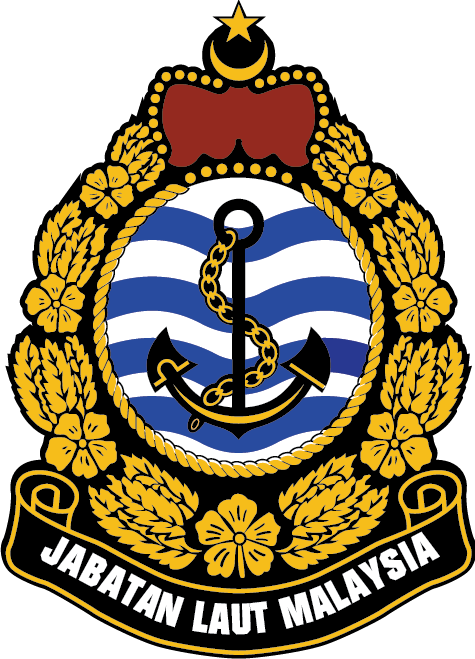 ×
×Marine Department Malaysia (MARDEP)
MARDEP under the purview of the Ministry of Transport was established for:
- Safe navigation and providing services to merchant vessels such as ship inspection, certification, registration and licensing in Malaysian waters and ports.
- Supervision of examinations for seafarers including vessels servicing the Malaysian oil and gas industry.
MPM engages MARDEP to seek approval for any vessel movement and crew change and for license approval of foreign vessels entering Malaysian waters. MARDEP also conducts audit on FPSOs in compliance with International Ship & Port Facility Security (ISPS) Code - Seafarer Affairs and Port Division.
Federal & State Government Bodies
×National Hydrographic Center (NHC)
The NHC is a body under the purview of the Royal Malaysian Navy and is responsible for carrying out hydrographic measurement activities in line with maritime community requirements and aids the safety of sailing in Malaysian waters.
MPM engages NHC for bathymetry data submission which is important to indicate the location of any existing facilities and ensure safe navigation by mariners.Federal & State Government Bodies
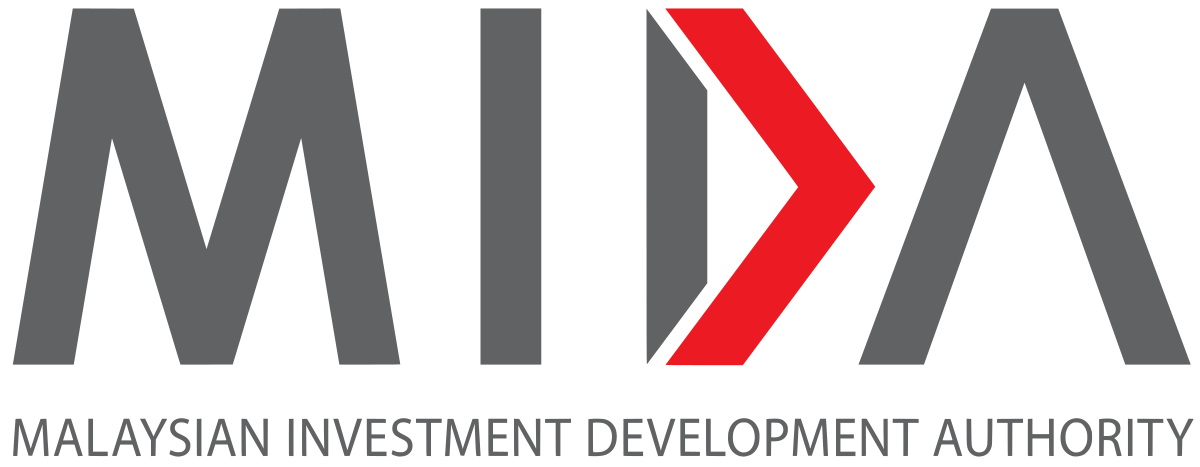 ×
×Malaysian Investment Development Authority (MIDA)
The Malaysian Investment Development Authority (MIDA) is a one-stop centre which provides comprehensive support services to facilitate potential investors in setting up their business in Malaysia.
Close collaboration with MIDA is important for MPM to sustain continuous investments into Malaysia’s oil & gas industry.Federal & State Government Bodies
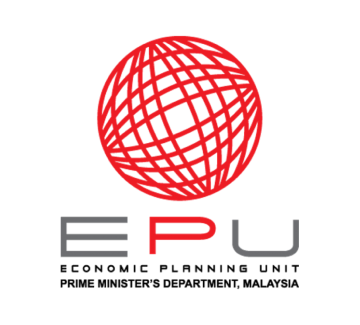 ×
×Economic Planning Unit (EPU)
The Economic Planning Unit (EPU) which resides under the Prime Minister’s Department leads the country's socio-economic development through quality planning towards inclusive, fair and equitable growth.
MPM works closely with EPU towards developing the nation’s oil & gas sector.Federal & State Government Bodies
 ×
×Malaysia Petroleum Resources Corporation (MPRC)
The Malaysia Petroleum Resources Corporation (MPRC) is currently an agency under the Economic Planning Unit in the Prime Minister's Department. Its main objective is to advance the local oil and gas services and equipment (OGSE) industry, anchoring on Malaysia’s strategic geographical location, to transform the country into a thriving regional hub for the sector.
MPM engages MPRC to advance the local oil and gas services industry, leveraging on the organisation’s expertise and contact for facilitation of trade and investment in attracting local and international players.Current Investors in Malaysia’s Upstream sector
There are currently more than 30 investors (Petroleum Arrangement Contractor) comprising of oil and gas supermajors to independent players from both Malaysia and around the world.






.jpg)











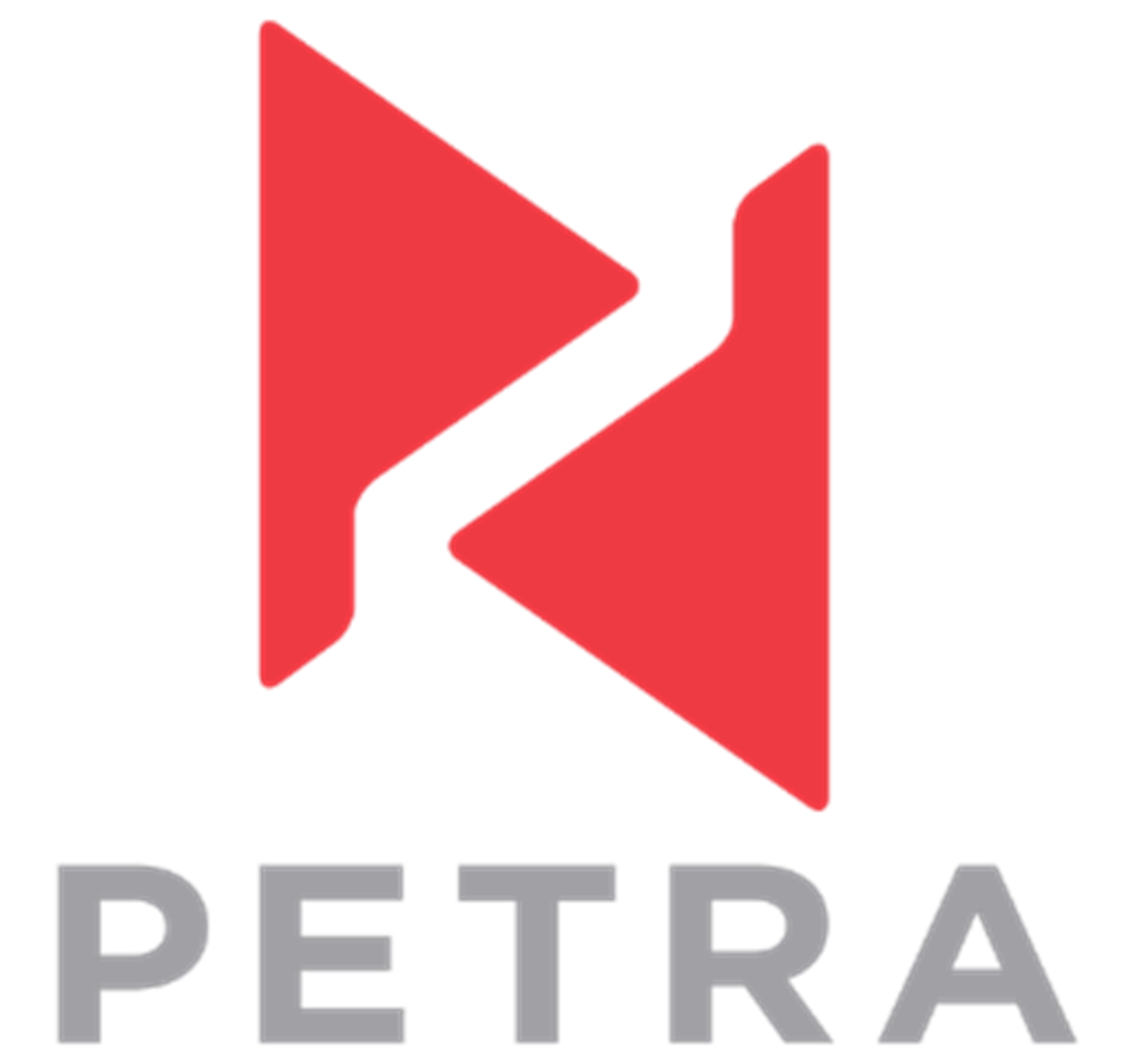





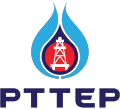




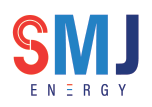



Government Linked Companies
Collaboration with several government linked companies is vital for the development of the oil and gas industry as well as enhancing the Nation's socio-economic development.
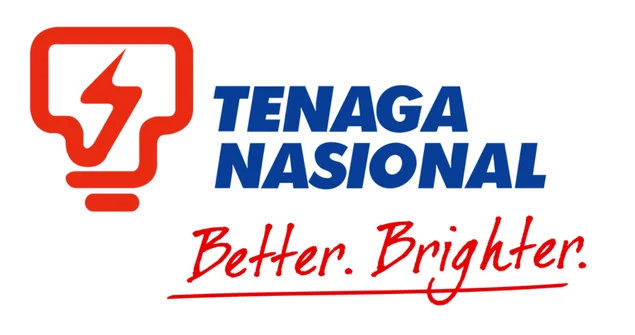 ×
×Tenaga Nasional Berhad (TNB)
TNB is the largest electricity utility company in Malaysia, supplying power to commercial, industrial and residential customers.
PETRONAS engages with TNB as one of its major gas customers, as well as for cooperative efforts in long-term gas supply demand planning for Peninsular Malaysia. ×
×Petroleum Sarawak Berhad (PETROS)
PETROS, a Sarawak State-owned entity, was established as an integrated player throughout the oil & gas value chain, focusing on Sarawak.
PETRONAS works closely with PETROS towards sustainable growth of the oil and gas industry, both upstream and downstream in Sarawak.×Sarawak Energy Berhad (SEB)
Sarawak Energy Berhad is an energy development company and a vertically integrated power utility with a vision to achieve sustainable growth and prosperity for Sarawak by meeting the region's need for reliable and renewable energy—providing electricity to 3 million Sarawakians in urban and rural areas.
PETRONAS works closely with PETROS in ensuring gas supply to SEB operated power plants are reliable and efficient. ×
×Sabah Energy Corporation Sdn. Bhd. (SECSB)
SECSB is a company under the Sabah State Government, established to spearhead the development of energy resources in Sabah and to promote, stimulate, facilitate and undertake industrial, commercial, economic and other development projects.
PETRONAS engages with SECSB for the management of gas supply & demand requirements for Sabah’s domestic sector.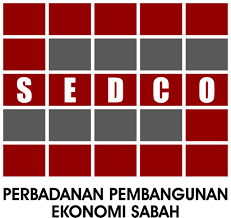 ×
×Sabah Economic Development Corporation (SEDCO)
SEDCO is an agency under the purview of Sabah’s Ministry of Industrial Development and the Federal Government’s Ministry of Economic Affairs.
PETRONAS collaborates closely with SEDCO towards accelerating commercial development in Sabah, particularly in the oil & gas sector.Higher Learning Institutions
Collaboration with academia and higher learning institutions is important for sustainable human capital development and to spur research & development efforts in the oil and gas industry.
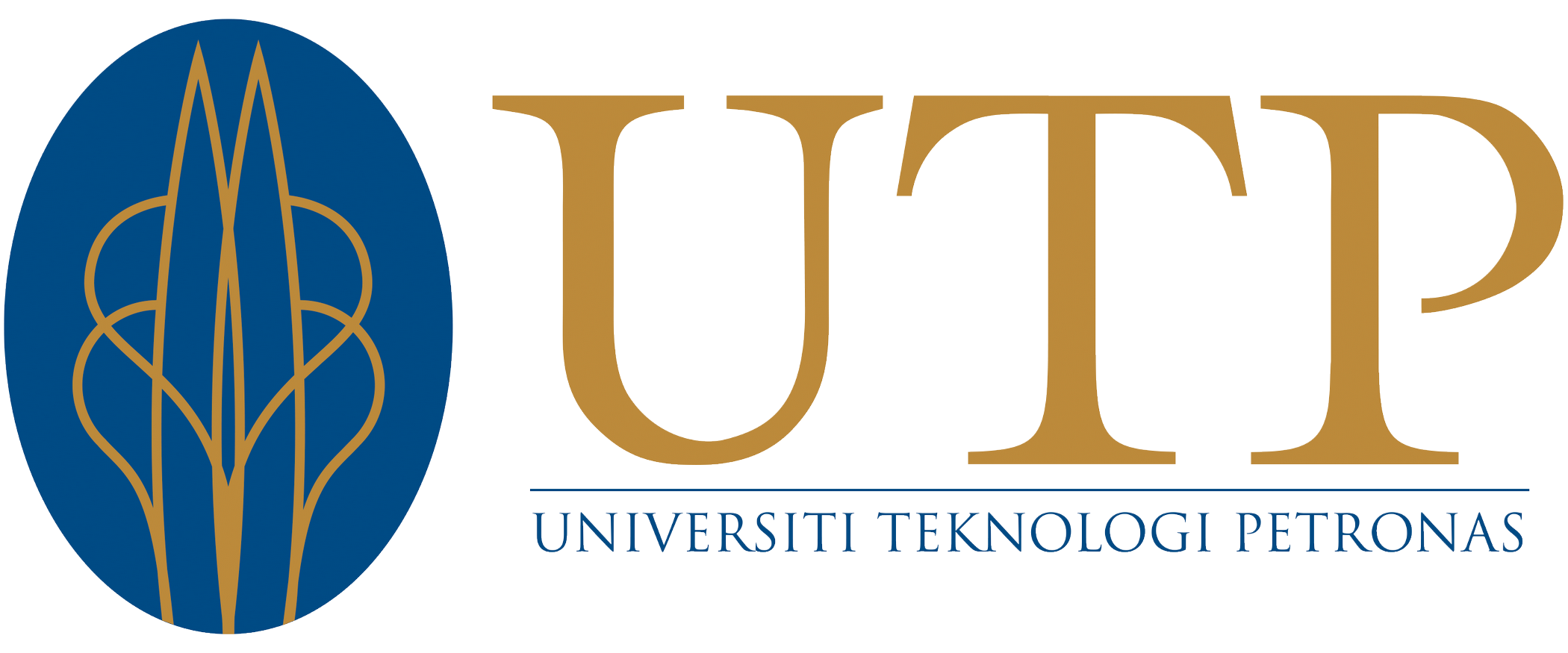 ×
×Universiti Teknologi PETRONAS (UTP)
UTP was established on 10 January 1997, featuring world-class facilities, expertise and a rich ecosystem that fits its purpose as a leading research-intensive university.
UTP continues to build industry and international collaboration networks through visits, joint research, research attachment, student internship, joint publication and shared facilities. These activities have been conducted under official research agreements between UTP and collaborators.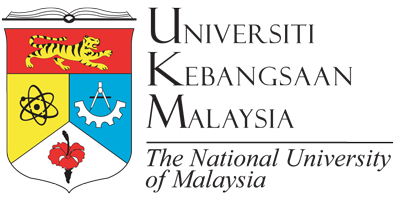 ×
×Universiti Kebangsaan Malaysia (UKM)
Since its establishment on 18 May 1970, UKM has grown into 13 faculties, and 13 research institutes of excellence.
UKM recently collaborated with PETRONAS on renewable energy efforts to produce hydrogen gas from water through electrolysis technology.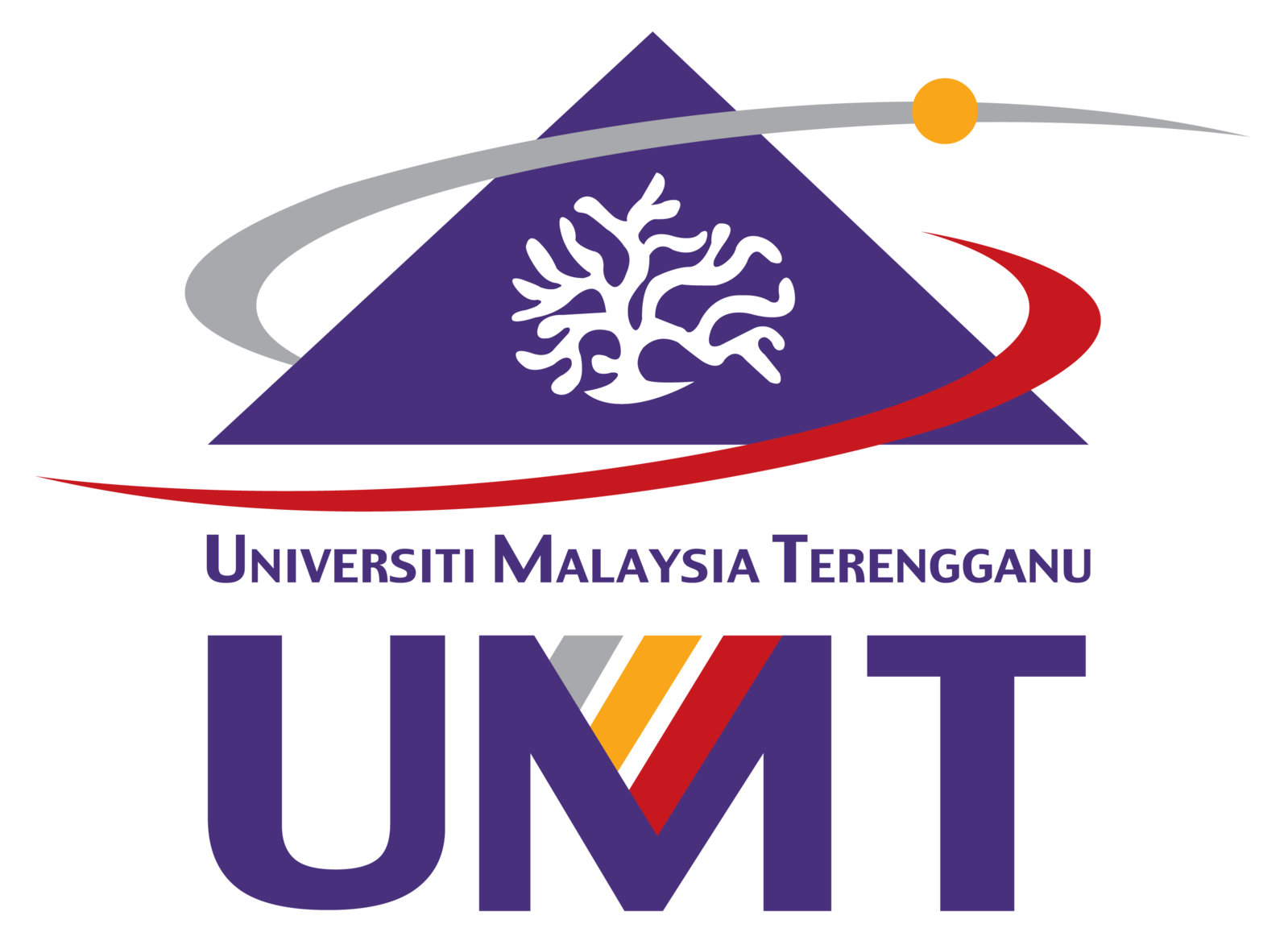 ×
×Universiti Malaysia Terengganu (UMT)
On 1 February 2007, UMT was awarded the status of a full-fledged university that provides facilities for the Fisheries and Marine Science programmes comprising practical sessions as well as research work.
UMT in collaboration with PETRONAS, embarked on a project to develop an antifouling agent as a solution to address biofouling at oil platforms, amongst others.Industry Associations
Strategic collaboration with oil and gas industry associations is equally important to shape a strong ecosystem and provide an avenue for dialogue and exchange of views on the industry.
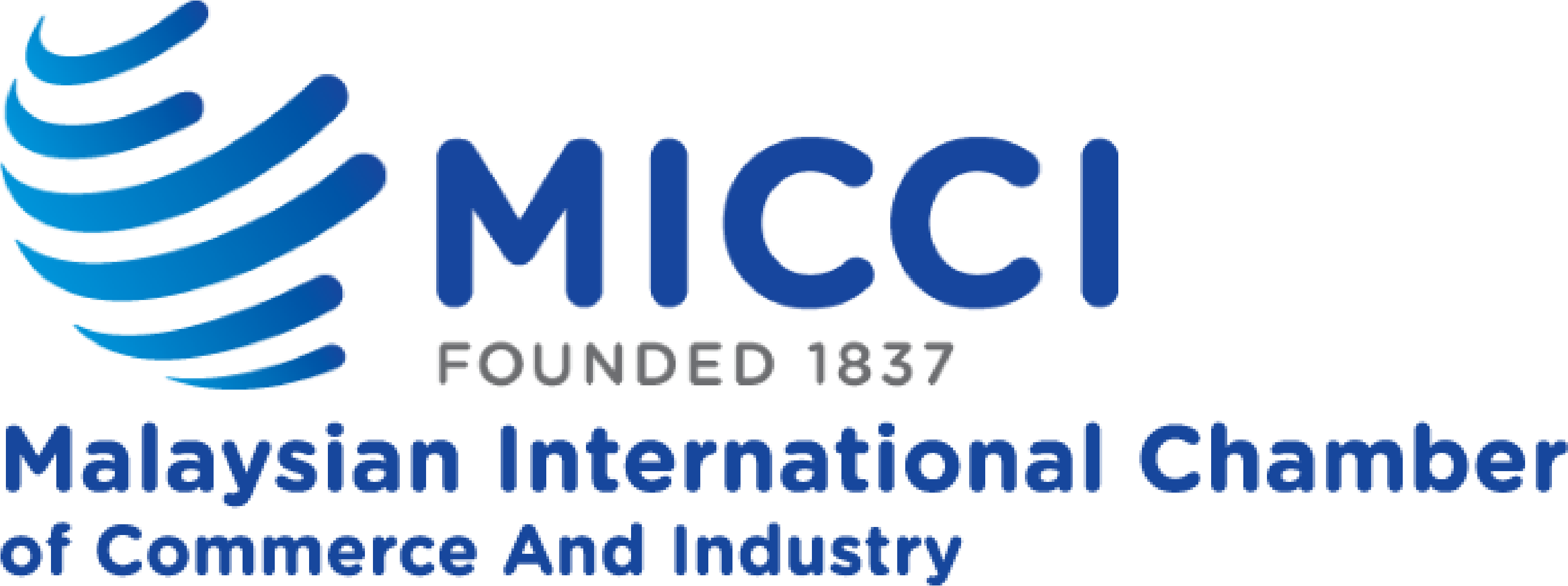 ×
×Malaysian International Chamber of Commerce and Industry (MICCI)
MICCI was established in 1974 following the amalgamation of both the Perak and Selangor Chamber of Commerce, and it has grown into a strong network with over 900 members from over 30 countries and supports members to successfully develop their business in Malaysia.
It also engages with the Federal & State Governments to ensure the development and implementation of a robust regulatory framework, which is conducive to a healthy business environment.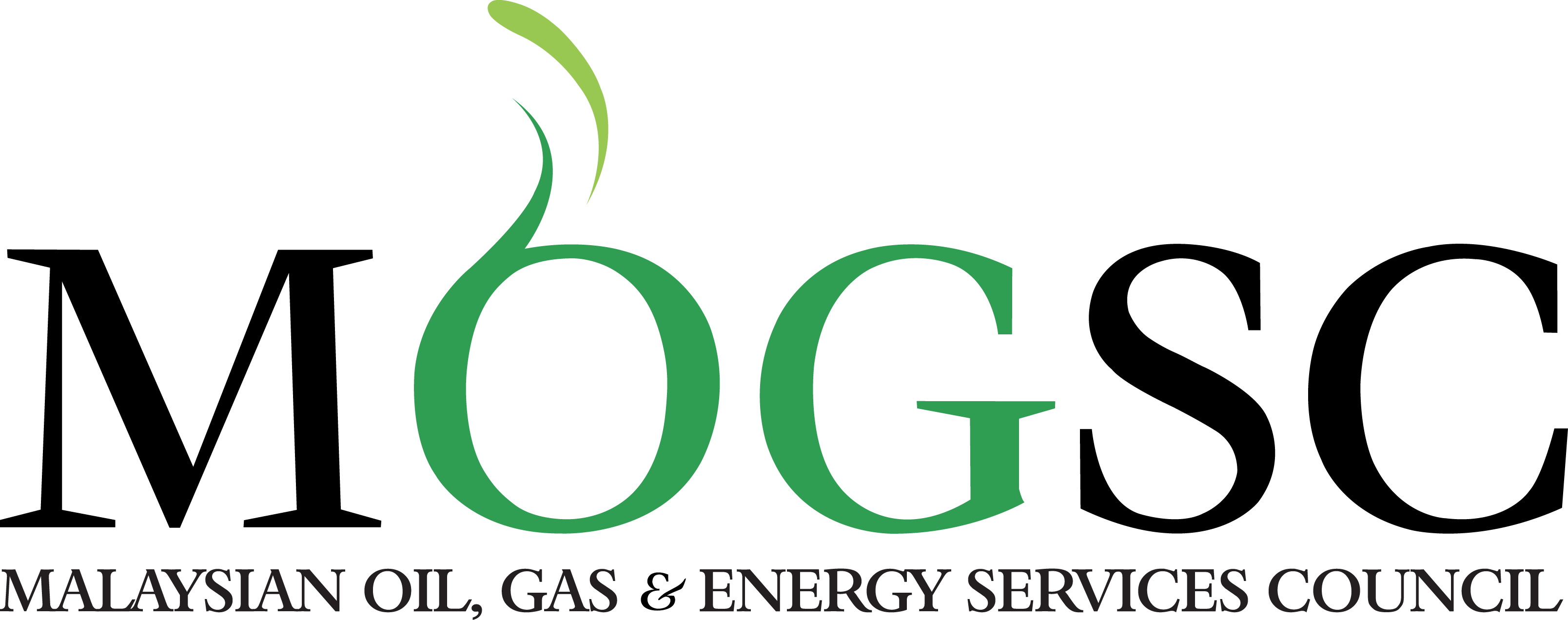 ×
×Malaysian Oil & Gas Services Council (MOGSC)
MOGSC was formed in 2003 and is the largest national independent industry association, mainly driven by the Malaysian oil and gas services sector.
MOGSC's key mission is to promote the capabilities and expertise of Malaysian service providers and collaborate with industry stakeholders, associations and government agencies for the benefit of the Malaysian oil & gas industry.International Oil and Gas Host Authorities
PETRONAS collaborates closely with other Host Authorities in the region to explore and monetise oil and gas resources in overlapping areas. The primary objective is to further enhance the value derived from these assets and to achieve win-win benefits for all parties involved
 ×
×Ministry of Energy Brunei Darussalam
The National Unitisation Secretariat (NUS) of Brunei resides under the Ministry of Energy Brunei Darussalam.
PETRONAS engages NUS via the Unit Management Committee (UMC) to provide policy guidelines & issuance of approvals for the management of petroleum operations within the unitised areas along the Malaysian-Brunei maritime boundary.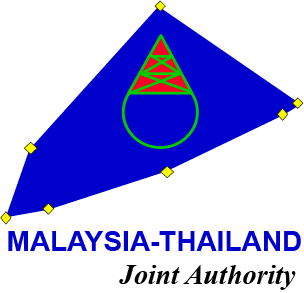 ×
×Malaysia-Thailand Joint Authority (MTJA)
MTJA was established as a result of a Memorandum of Understanding signed in 1979 between the governments of Malaysia and Thailand for the exploration and exploitation of non-living natural resources within the Malaysia-Thailand Joint Development Area (MTJDA).
PETRONAS engages MTJA via the Unit Management Committee (UMC) which provides policy guidelines & issuance of approvals for the management of petroleum operations within the unitised area between Malaysia & MTJDA.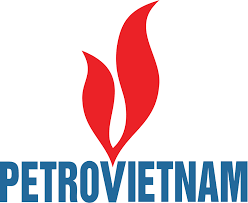 ×
×Vietnam Oil & Gas Group (PetroVietnam)
The PM3 Commercial Arrangement Area (“PM3 CAA”) was established between PETRONAS and PetroVietnam in August 1993 for the exploration and exploitation of petroleum in the overlapping areas between Malaysia and Vietnam.
PETRONAS engages PVN via the Coordination Committee and Unit Management Committee (UMC) which provides policy guidelines & issuance of approvals for the management of petroleum operations within the PM3 CAA and the unitised area between Malaysia & Vietnam.
Know more about MPM-
Media & Publication
Discover More
-
Investment Opportunities
Learn More
-
General Criteria For Participation
Discover More
-
Malaysia Bid Round
Discover More


- Terms of Use
- Privacy Statement
- Cookies Settings

